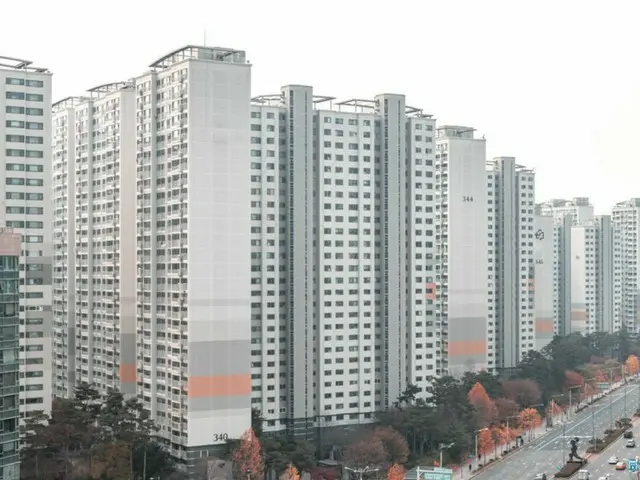According to the results of the June consumer behavior survey released by the Bank of Korea on the 24th, this month's Consumer Sentiment Index (CCSI) was
At 108.7, it increased by 6.9 points from the previous month and reached its highest level since June of 2021 (111.1).
The CCSI has risen for three consecutive months since April, following an 8-point increase last month compared to the previous month.
The survey was conducted from the 10th to the 17th of this month and targeted 2,500 households across South Korea. CCSI stands for Consumer Confidence Index (CSI).
It is a sentiment indicator calculated by combining six major indices from the 100 indexes. A reading above 100 is interpreted as more optimistic than the long-term average, while a reading below 100 is interpreted as more pessimistic.
While all items that make up the CCSI are rising, the economic indicators have also risen significantly. The current economic outlook has risen from 63 last month to 7 this month.
The outlook for the future economy jumped 11 points from 91 to 107, while the outlook for the economy rose 16 points from 91 to 107.
"The current economic outlook is likely influenced by factors such as the elimination of the economic barrier, the formulation of the second supplementary budget, and expectations for the economic policies of the new administration," he said.
"The Housing Price Outlook Index recorded 120, the highest level since October 2021 when it recorded 125.
A reading above 100 means that more than half of the respondents expect home prices to rise in the future, while a reading below 100 means that even more people expect home prices to fall.
The average value of the Housing Price Outlook Index from 2003 to 2024 is 107. Recently, the sale and purchase prices of apartments in Seoul and some parts of the metropolitan area have skyrocketed, and the government is taking measures to combat the rise in housing prices.
The Bank of Korea explained that the housing price outlook index is heavily influenced by the state of the real estate market at the time of the survey.
According to weekly apartment price trends compiled by the Korea Real Estate Institute, apartments in the Seoul area rose in the third week of this month.
Prices rose 0.36% over the past week, the largest weekly increase in six years and nine months. The upward trend in major areas such as Gangnam is spreading to neighboring areas.
"Housing price forecasts are higher than the long-term average and have been rising recently, so I think we need to keep a close eye on them," said Lee.
The inflation outlook has been rising for four consecutive months since March. The expected inflation rate for the next year was 2.4%, down 0.2 percentage points from the previous month. Falling prices of agricultural products and petroleum products are contributing to an increase in consumer prices.
This is analyzed as being due to the slowdown in the rate of increase and the continued price stabilization policy of the South Korean government.
2025/06/24 07:12 KST
Copyrights(C) Edaily wowkorea.jp 107

